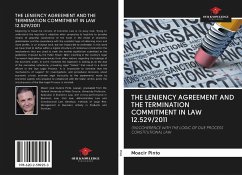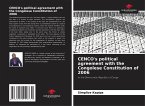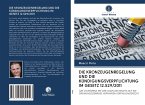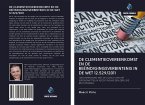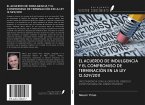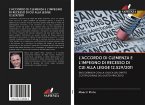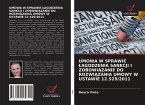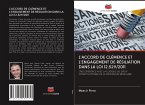Beginning to tread the corners of Economic Law is no easy task. Trying to understand the legislator's objective when proposing to legislate to provoke means of peaceful coexistence of the State in the midst of economic globalization and the coexistence with the capitalist logic of obtaining more and more profits, is an arduous task, but not impossible to undertake. In this work we have tried to define within a logical structure of contextual construction the mechanisms that are used to seek the market equilibrium submitted to the guidelines imposed by the Public Power. When inserting in the country's legal framework legislative experiences from other nations regarding the tutelage of the economic order, in some moments the legislator is lacking as to the zeal of the normative coherence, provoking legal "limbos" that result in a direct affront to the Due Legal Process. It is impossible to conceive that the mechanisms of support for investigations and procedural decisions about economic crimes promote legal insecurity to the agreements made by economic agents who propose to collaborate with the State. At this point, the (in)coherence of the Due Legal Process is insisted.
Hinweis: Dieser Artikel kann nur an eine deutsche Lieferadresse ausgeliefert werden.
Hinweis: Dieser Artikel kann nur an eine deutsche Lieferadresse ausgeliefert werden.

